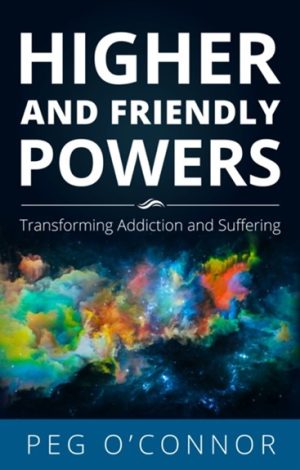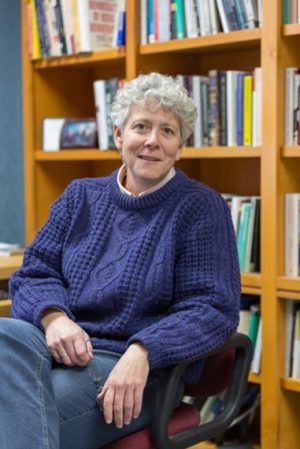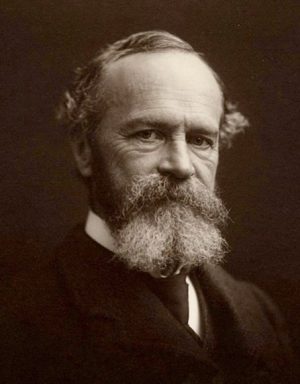


As a grad student at Harvard, I’ve walked by the towering William James Hall more times than I can count. I knew William James was an early giant in the study of human perception and psychology, but I never imagined there might be a connection between his work and the famous 12 steps of Alcoholics Anonymous. Enter Peg O’Connor.
Self-described as more comfortable in a church basement, community center, or treatment center than some of the prestigious universities where she’s given talks, Peg O’Connor is down to earth and easy to connect to. She is also a professor of moral philosophy at Gustavus Adolphus College. For many years, she’s combined her love of philosophy with on-the-ground life advice in her longtime column for Psychology Today, “Philosophy: Stirred not Shaken.”
In her latest book, O’Connor addresses an audience a lot like herself: those in recovery who have struggled with the Christian-centric God at the heart of Alcoholics Anonymous and its 12 Steps.
“Addicts are very often philosophers” says O’Connor, and she can be trusted on the subject. As a recovering alcoholic of 34 years and a professor of philosophy of 27 years, O’Connor strongly believes that philosophy helped her get and remain sober.
She also avoided it for the first 20 years of her sobriety because of the concept of “higher power.”
In Higher and Friendly Powers, O’Connor shows the enormous impact William James made on the world of recovery, especially with his concept of “higher power.” Turning one’s life over to a higher power is a touchstone in the 12 steps, but in James’s writings this concept is way more expansive than we might imagine.
“I had seen a reference that Bill Wilson, one of the founders of AA, regarded William James as a co-founder, and I thought ‘well that’s interesting, I wonder what’s going on there?’” said O’Connor in a recent interview. “I saw that Bill Wilson had read [William James’] Varieties of Religious Experience after he had one of those great conversion experiences, and I came to realize that Bill Wilson had adopted the concept of higher power but had missed a lot of the nuance. This book is an attempt to rehabilitate and return the concept of higher power to its original, far more inclusive sense.”
In Higher and Friendly Powers, we find an inspiring companion in James, whose ideas are adventurous, expansive, and speak to the soul, as well as O’Connor, who makes James approachable and uses her deep personal wisdom on the topic of addiction and recovery to speak directly to the heart.
“James might say that the big question of life is how each of us accepts the universe. Do we accept it grudgingly and only in part or do we accept it wholly and heartily?” Peg O’Connor turns to us: “We who struggle with addiction confront this question daily. How do we live its answer?”
